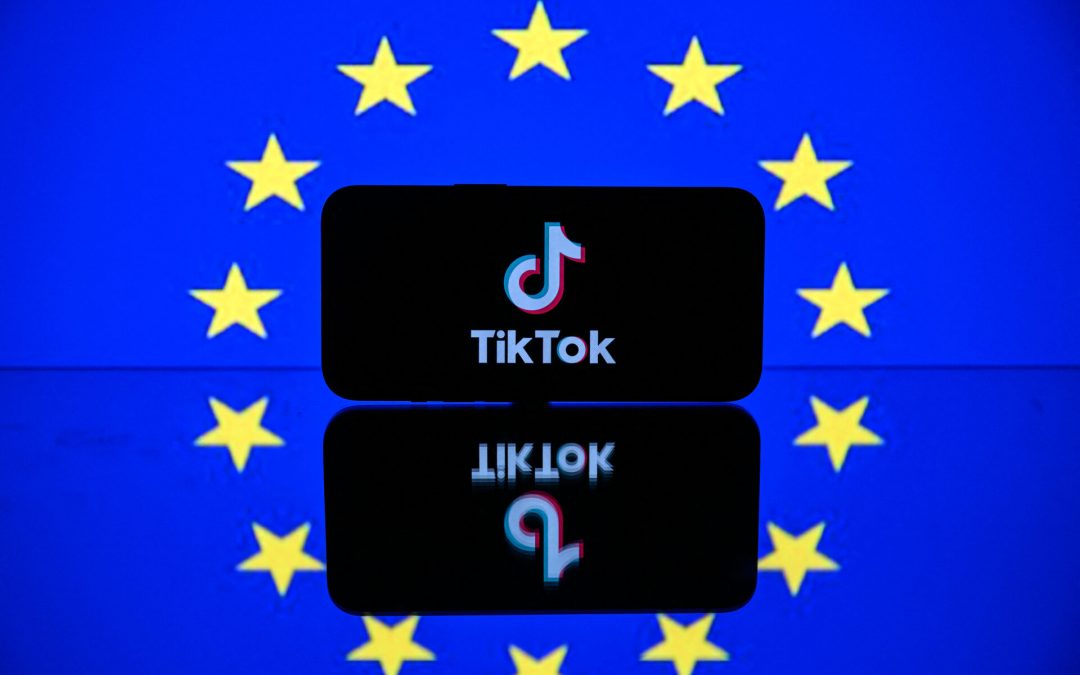“`html
Russian interference in the elections in Romania, Moldova, and Georgia has shown that the EU is losing the battle against online disinformation, said Alice Stollmeyer from the think tank Defend Democracy. Content moderation is not enough; broader actions are needed, such as stricter sanctions for hybrid attacks, the expert assessed in an interview with PAP.
Although the European Union has adopted new mechanisms to combat online disinformation, including the Digital Services Act (DSA) and the Code of Practice on Disinformation, and the President of the European Commission, Ursula von der Leyen, announced that one of the new Commission’s priorities would be the European Democracy Shield, a strategy to defend democracy against foreign influences, recent election-related events in Romania and also in Moldova and Georgia have shown that the Union is currently losing the fight against online disinformation.
In Romania, the TikTok messenger was accused of favoring the pro-Russian radical right-wing presidential candidate Calin Georgescu during the campaign. Such practices caused an unknown politician to suddenly gain popularity and win the first round of elections, but the result was eventually annulled. Previously, in the fall, Russia made unsuccessful attempts to interfere in the presidential elections in Moldova, among others, by conducting online disinformation campaigns defaming the then (and newly re-elected) President Maia Sandu and spreading fake news about the EU and the West. Moscow also effectively interfered in the October parliamentary elections in Georgia, won by the Russia-friendly party Georgian Dream.
According to Stollmeyer, head of the Brussels think tank Defend Democracy, the EU likes to boast about its achievements in the fight against disinformation, but in reality, it cannot provide tangible data proving its effectiveness. “Let’s ask ourselves questions: has the number of lies and disinformation messages online decreased in recent months? And the number of fake accounts and manipulative campaigns?” asked the analyst in an interview with PAP.
In her opinion, as long as the EU does not begin to address the causes of disinformation, rather than its manifestations, it will not be effective. “We need broader actions. Disinformation is just one of the war tools used by the Kremlin. In Moldova and Georgia, much more than just disinformation was used. It was a whole spectrum of hybrid attacks,” Stollmeyer noted.
The expert noted that the EU cannot afford for the European Democracy Shield, presented by von der Leyen, to be limited solely to the fight against disinformation. “Even if we extend the scope of this strategy also to foreign influences and interferences, as the European External Action Service (EEAS) wants, we will still miss the goal. After more than a decade of institutional hide-and-seek, focusing on fact-checking and blocking content that has already appeared, we should know that it is not enough. More effective and faster enforcement of the DSA and digital data protection regulations is a good start, but we also need a digital integrity law that will curb polarizing algorithms and design social media platforms in an addictive way for users,” argued the analyst.
Stollmeyer stated that the EU must also urgently create a European digital infrastructure prioritizing public good, adopt a comprehensive policy for defense against hybrid threats, and link the European Democracy Shield with a new EU readiness strategy. “This will allow the Union to deploy all tools to combat threats to democracy,” she assessed.
Stollmeyer warned that action must be taken quickly because disinformation attacks will only intensify and use new technologies such as AI, chatbots, or virtual reality. “The problem will intensify because our adversaries, that is anti-democratic forces, find it increasingly easier to use technology as a weapon. Defense ministers and intelligence services also warn against growing sabotage attempts across Europe and assess that Russia may escalate its imperial war against one or more NATO countries within a few years. If the future of our democracies depends on our readiness and resilience, we must start working today,” she appealed. (28.12.2024)
“`
 go to the original language article
go to the original language article
